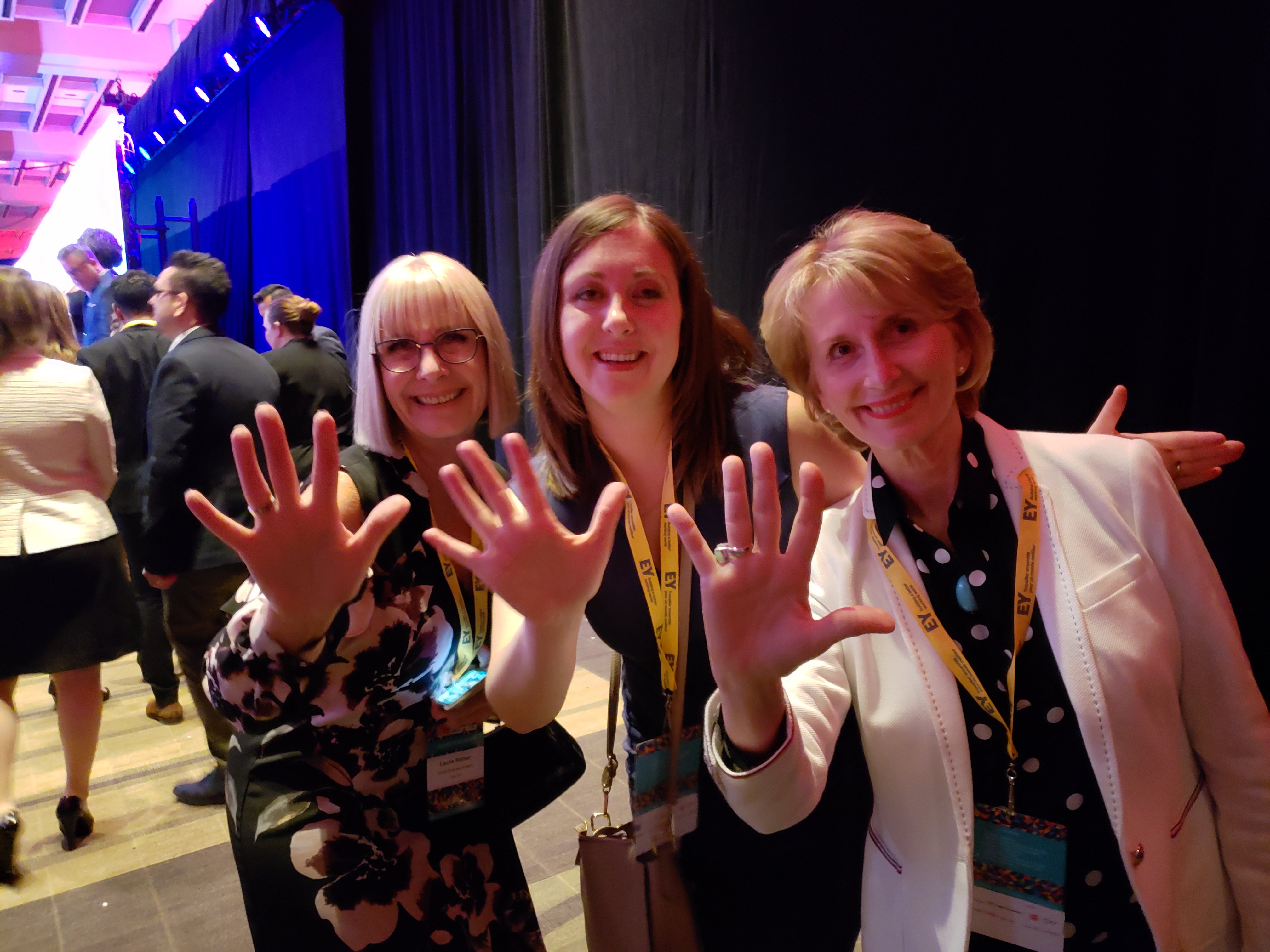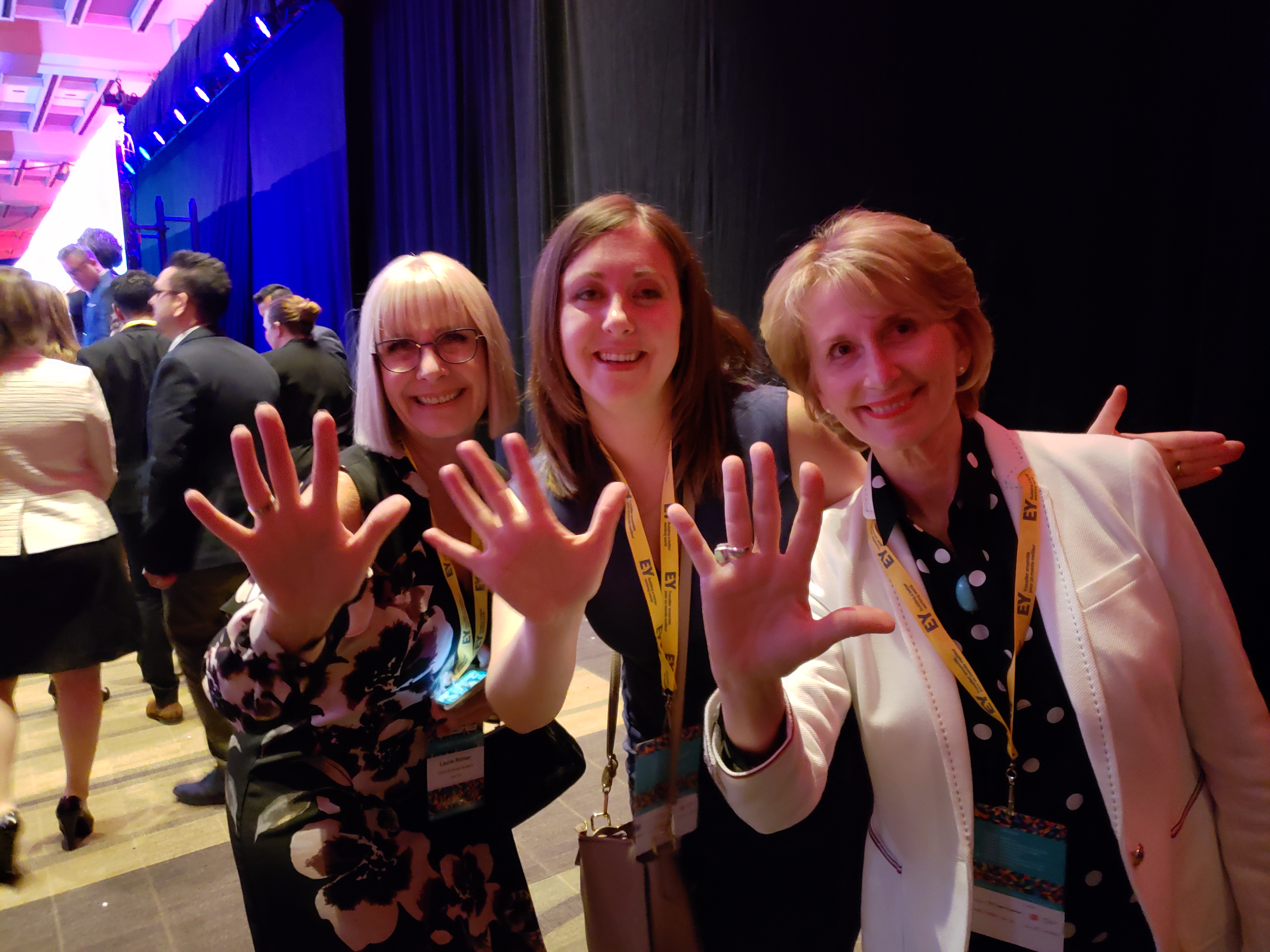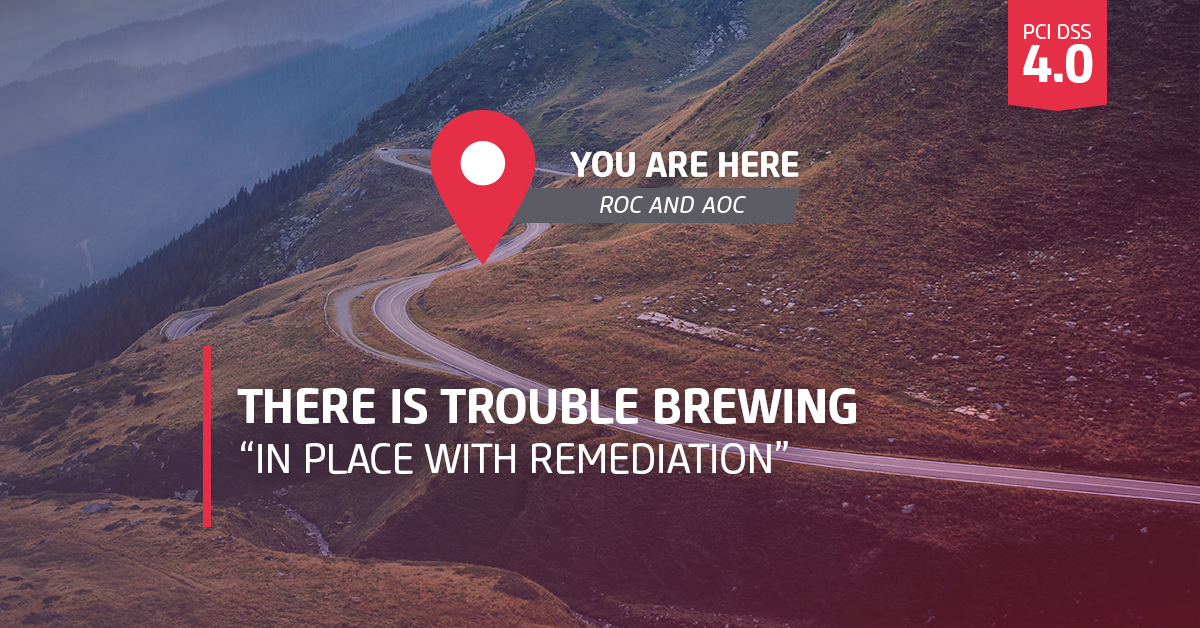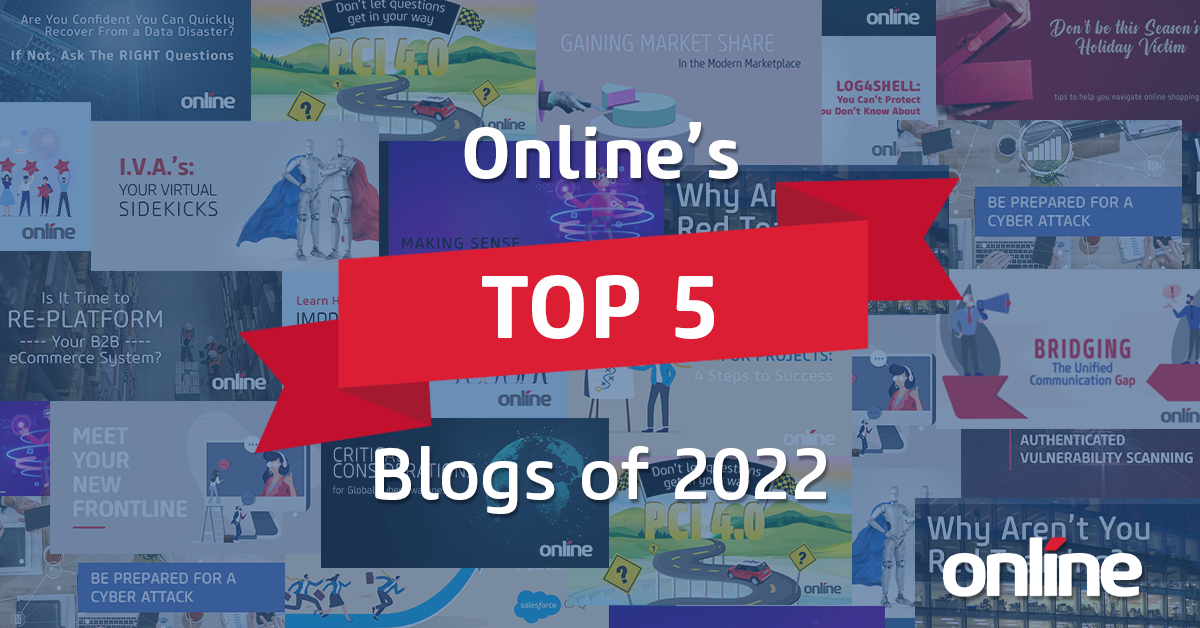As North America’s leading Digital Transformation and Cybersecurity consultancy, Online takes great pride in building a culture that supports and builds teams of professionals; which ultimately benefits our valued Clients.
For the past 33 years in fact, we have made it a foundational focus to provide our valued Onliners with a work environment they can absolutely thrive in. Why? Because people who feel valued typically do better work? Sure, that’s part of it. Ultimately, it’s just how we do things around here.
We deliberately foster an environment where Onliners can thrive, grow and are recognized for their contributions. We know that when great people, who share a set of common values, work together they accomplish great things – and we love accomplishing great things!
The reality is that this kind of environment doesn’t just happen. Being a Great Place to Work is an outcome of conscious thought and a long-term commitment to culture.
Recently some members of our People Care team traveled to Toronto for the Great Place to Work Awards, where we placed 5th in Canada for being a Great Place to Work! It’s our 13th consecutive year for placing within the top 50 mid-sized companies that receive this award, but it is our highest rank to date and we can’t help but feel very proud of this achievement.

Members of our People Care Team from left: Laurie Reimer, Mira Lecker, Ria Neuendorff.
Ria Neuendorff, an Onliner for over 20 years now and our Chief People Officer, gives her first-hand perspective on the benefits of creating such a unique work environment, and eight categories that will help achieve this:
(Ria also published her take on this year’s GPTW Award on her LinkedIn profile here.)
https://www.linkedin.com/pulse/being-great-place-work-doesnt-just-happen-ria-neuendorff/
Being a Great Place to Work requires ongoing thought and attention. It means listening to your team members to see what’s important to them (it isn’t the same for everyone!), understanding what your competitors are doing, being laser focused on your hiring practices and, most importantly, staying true to your beliefs and core values.
In April, we had the privilege of placing 5th on the “Best Workplaces in Canada” list. We were humbled and gratified to make this list for the 13th consecutive year. While this award suggests that we are on the right track, I don’t assume for a minute that we have it all figured out. We do a lot of great things, but we also make mistakes along the way. Insights are gleaned, and lessons learned every time we take on a new initiative. I believe that we all need to continually evolve and be willing to make disruptions if we believe the outcome will make us better, because the alternative is to do nothing and become complacent. That’s not somewhere any of us wants to be.
When I think about some of the things that we have done to promote a great workplace at Online Business Systems, the following things come to mind. (These are, of course, over and above ensuring that we have addressed the compensation and benefit needs of our team members.)
- Leadership: It starts at the top. The beliefs, the values, and the actions of the most senior leader in a company can dictate and set the tone for how others behave. We have been fortunate in that our founder/CEO really cares about the people who work here, and he’s committed to providing a work environment where people feel supported and can thrive. Policies and processes don’t dictate what we do, but rather we focus on doing the right thing. It seems so easy, and yet I think that as companies grow, they can lose sight of this and too often revert to rigid processes. I am not saying policies and processes don’t have their place, but when you are dealing with people who all have different circumstances, you need a flexible approach. That’s how people know they aren’t just a number in your books. Leadership promotes a culture of appreciation and thoughtfulness which is reinforced throughout the organization.
- Mentorship: Anyone can be a mentor. You don’t have to have the title to play the role, much like leadership. Having said that, we do have a formal Career Mentor framework at Online to ensure that everyone receives ongoing mentorship. Our Career Mentors are an extension of our leadership team. They mentor teams of up to six, based on their own skills and expertise. Their role is to not only support the growth and development of their team members, but also to act as the continuum as team members (mostly Consultants) move from project to project. Perhaps the most important part of their role is building genuine relationships with their team members. These are relationships that are built on trust and often extend beyond the workplace. We do not have a lot of hierarchy at Online and this structure has proved to work well for us.
- Supporting growth and development: We have found that most people join a consulting company because they want to work on a variety of projects, with a variety of amazing people, and with new technologies. All this requires ongoing learning and development which is very important to Onliners. Online provides individual budgets and days for team members to support their growth and development. Not only do team members benefit by growing and developing within their roles, but Online as an organization also benefits. Our commitment to professional development is often what sets us apart. This year we are rolling out an expanded version of our internal development program called “How to Be an Onliner” (HBO). It is a commitment to helping our team members be the best in their roles while living our core values.
- Promoting constructive feedback: People generally like to get feedback. We believe everyone deserves to know when they are doing a great job. By the same token, we believe we owe it to team members to let them know where they can develop. Feedback should be in real time to be most effective. We created an automated ad hoc feedback system where our people can provide feedback for any of their colleagues at any time. We educate our people on how to constructively provide areas for development so that they are helping their team members be even more effective in their roles. It’s about being constructive, not destructive. It’s about motivating, not demotivating. There is always a right way and a wrong way to say the same thing. We also encourage team members to be receptive to feedback. It is all about bringing out the best in the people we work with.
- Collaboration and teamwork: Everyone wants to feel connected. As we grow and become more dispersed, it can become more difficult to feel connected. For that reason, we need to find ways for team members to connect through different mediums. While our Career Mentors and their teams can forge connections, we have also created collaborative Slack channels, book clubs, newsletters, Competency teams, social events, team meetings, etc. – all to engage with team members. We have learned, however, that no matter how many team events you host or collaborative channels you set up, sometimes you simply need to reach out and ask someone to join or attend. It is all about learning how to best engage with a multi-generational, diverse, and multi-geographic workforce. People are motivated by different things, so ensuring team members stay engaged takes work. We are still figuring this one out and I expect it will require even more attention as our workforce continues to spread across North America.
- Checkpoints/Discussion Groups: We implemented Checkpoint meetings with Onliners many years ago. We thought why wait until someone leaves before we know what we are doing right and what we can be doing better? These checkpoints are conducted by our People Care team (aka. HR) and provide us with insights on where our focus and efforts should be directed. We also conduct discussion groups on various topics with a variety of demographics to ensure we’re always listening to what our people have to say.
- Recruiting that is committed to maintaining our culture: Everyone wants to work with people they like. People who are personable, genuine, and relatable. We also look for a variety of other attributes such as intelligence, technical skills, communication skills, initiative, work ethic, desire to learn, collaboration, leadership, etc. Big egos never cut it here. Staying true to who you are, knowing what type of company you want to build, and attracting the right type of players you want on your team are all key. View our Culture Credo video here.
- Diversity: Our landscape is changing and that is a good thing. Work environments benefit from having a diverse workforce with different perspectives and insights. We learn from each other and appreciate our differences and embrace our similarities. Talent is found in many different backgrounds and, at the end of the day, that is what really matters.
While this is not a complete list, I believe these are some of the key factors that help us to be a great place to work. We will continually seek out new ways to ensure we are creating an environment where team members can thrive and feel engaged.
What are some ways you have built a great workplace? I would love to hear what’s worked for you!




Submit a Comment